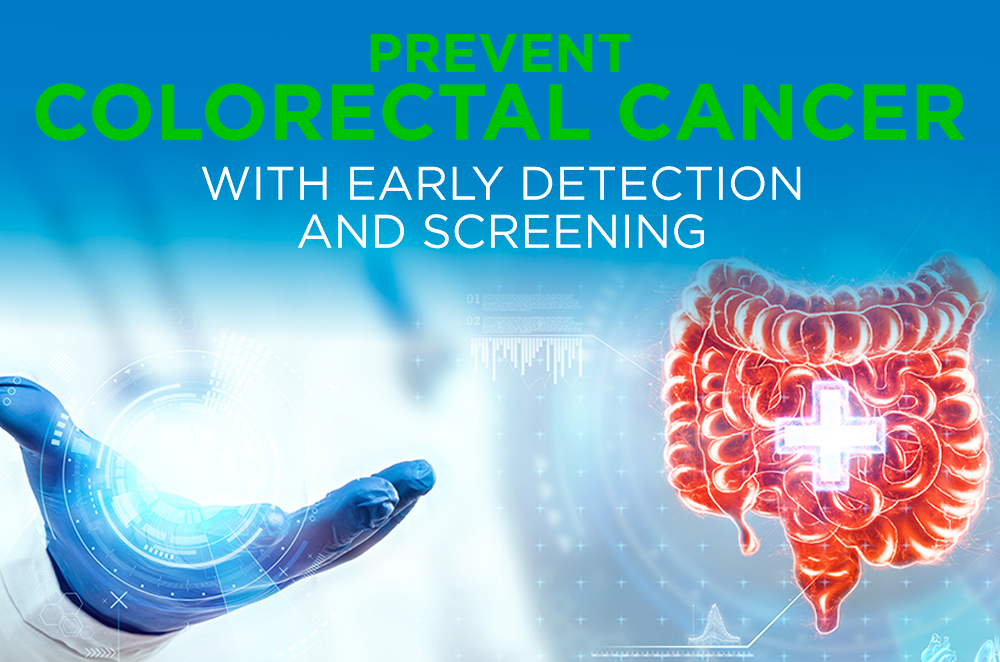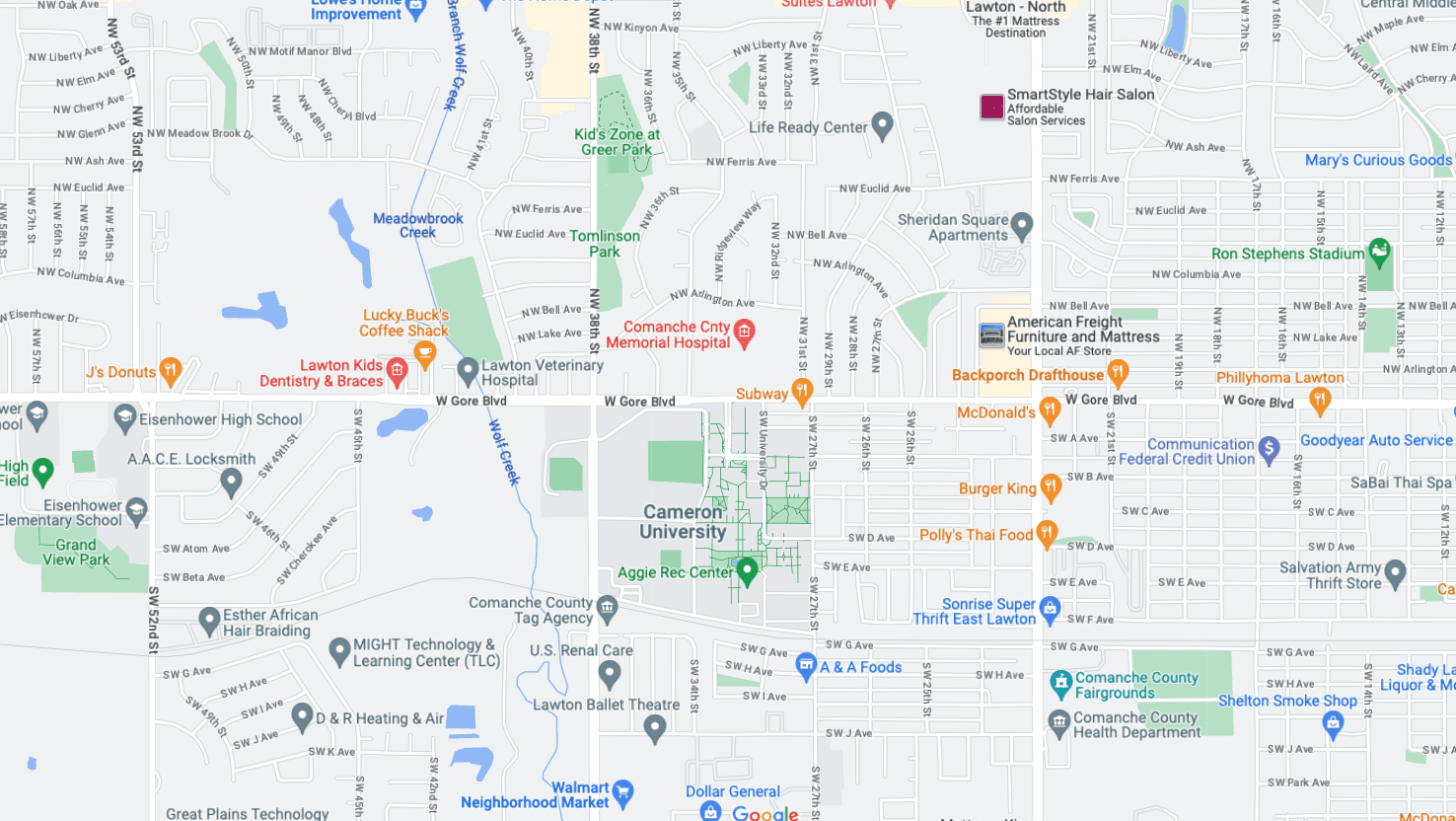Prevent Colorectal Cancer with Early Detection and Screening

Did you know that colorectal cancer is the third most common cancer diagnosed in both men and women in the United States? Despite its prevalence, colorectal cancer is also one of the most preventable and treatable forms of cancer, especially when detected early through regular screenings. With the power of early detection, we can significantly reduce the impact of this disease and save lives. Regular screenings, like colonoscopies and stool tests, is an effective way to prevent colorectal cancer or detect it early when treatment is most effective. Let’s explore how these screenings can make a difference in the fight against colorectal cancer.
Understanding the Importance of Screening
Screening for colorectal cancer involves various tests designed to detect abnormalities in the colon or rectum before symptoms are apparent. These screenings are not only essential for identifying cancer in its early stages but also for detecting and removing precancerous polyps, thus preventing cancer from developing in the first place.
Types of Screenings
Two primary screening methods are commonly used for colorectal cancer:
Colonoscopy: A colonoscopy is considered the gold standard for colorectal cancer screening. During this procedure, a flexible tube with a camera at the end (colonoscope) is inserted into the rectum and guided through the colon. This allows doctors to visually inspect the entire colon for polyps or signs of cancer. If polyps are found, they can be removed during the procedure.
Stool Tests: Stool-based tests, such as the fecal immunochemical test (FIT) or the guaiac-based fecal occult blood test (gFOBT), detect the presence of blood in the stool, which can indicate the presence of colorectal cancer or precancerous polyps. These tests are non-invasive and can be done at home, making them accessible to a broader population.
The Impact of Early Detection
Early detection through regular screenings can significantly improve outcomes for individuals with colorectal cancer. When caught in its earliest stages, colorectal cancer is often highly treatable, with a greater likelihood of successful treatment and survival. Removing precancerous polyps during a colonoscopy can also prevent cancer from developing altogether.
Who Should Get Screened?
According to the American Cancer Society, individuals at average risk for colorectal cancer should begin regular screenings at age 45 and continue at regular intervals thereafter, typically every 5 to 10 years depending on the screening method used. However, those with certain risk factors, such as a family history of colorectal cancer or inflammatory bowel disease, may need to start screening earlier or undergo more frequent screenings. If you’re overdue for a screening or have any concerns about colorectal cancer, don’t hesitate to consult your healthcare provider. For those in search of a primary care physician, explore CCMH’s Find A Provider tool. Our dedicated medical professionals are eager to offer you compassionate care and support.
Preventing colorectal cancer begins with raising awareness, taking proactive steps, and scheduling regular screenings. Prioritizing early detection through colonoscopies and stool tests enables us to identify and treat colorectal cancer when it’s most manageable, potentially saving lives. Together, we can work towards a future where colorectal cancer is no longer a leading cause of cancer-related deaths. Take control of your health and schedule your screening today. Your future self will thank you!
Resources:
https://www.cancer.org/cancer/types/colon-rectal-cancer/about/key-statistics.html
Disclaimer:
The Comanche County Memorial Hospital website does not provide specific medical advice for individual cases. Comanche County Memorial Hospital does not endorse any services obtained through information provided on this site, articles on the site or any links on this site.
Use of the information obtained by the Comanche County Memorial Hospital website does not replace medical advice given by a qualified medical provider to meet the medical needs of our readers or others.
While content is frequently updated, medical information changes quickly. Information may be out of date, and/or contain inaccuracies or typographical errors. For questions or concerns, please contact us at contact@ccmhhealth.com.




